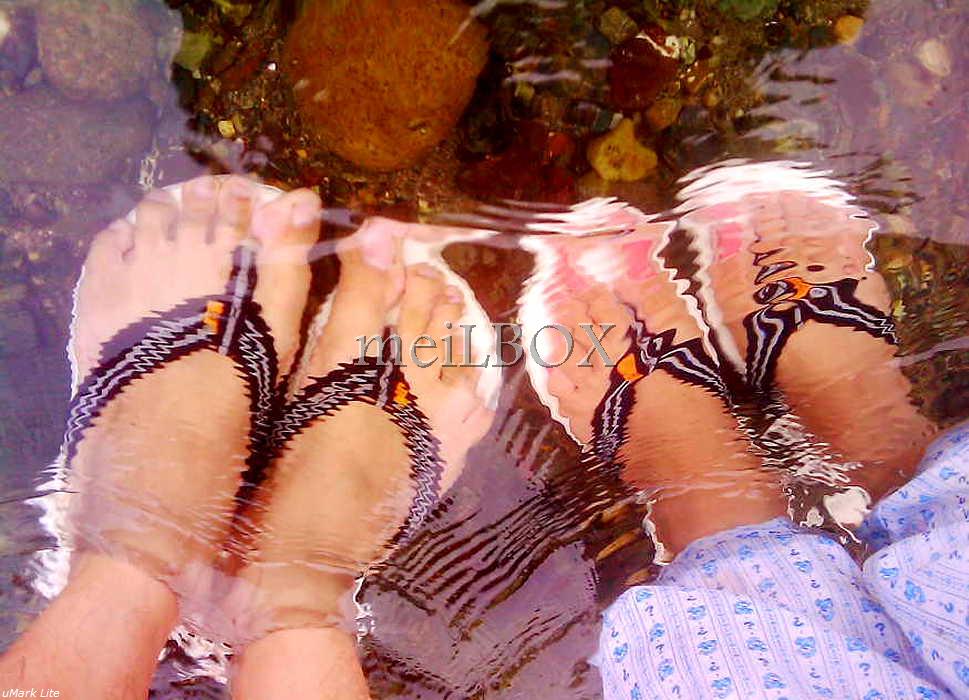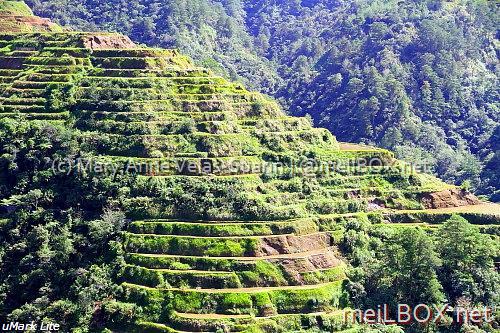Environment and its state of degradation: A case of emotional and moral disconnect?*
Life is a continuing journey and my understanding of the environment continues to change and evolve over time. I grew up in Manila but spent many summer vacations in Aurora, my mother’s hometown, where the rivers are still crystal clear. Back then, I knew early on that we must be doing something awfully wrong in the city because our rivers are murky and dirty.
It gives me a certain sadness when I see young children swimming in the dirty waters of Pasig River and Manila Bay. How can our society allow this? Children deserve clean and crystal-clear waters, just like the rivers of my childhood, where I can play and wade–I never really learned how to swim properly–in full abandon. I cannot forget when my niece once asked me, during a trip to Aurora, “Why are rivers here in Aurora clean?” She got so used to seeing dirty river waters in Metro Manila that seeing a clean river surprised her immensely (Velas-Suarin, 2011, para. 4).
My UP education and later, my work experiences, opened my eyes further to the realities of poverty, of industrialization that relies on consumerism and extractive industries, of forests that continue to disappear. I hungered for more knowledge and experiences and the more I dig in, the more I realize that we are creating too much imbalance around us. We extract more than we give and return.
I have chosen a profession in the social development and environment sector as it allows me to grow as a person and at the same time contribute, albeit in small ways, toward improving our situation. If I can convince more people to plant trees or clean up rivers and waterways, I would really be grateful. I know that we can never really go back to how things were before but a future where we can be more responsible consumers and stewards is still very possible.
The state of our environment has let me to this path. There are still many questions in my mind and I still have to fathom the meaning of life completely, but one thing that is constant and that is environment. She is that indispensable element of our existence; the completeness of things, those physical objects and living things, those sparks and energies and magic that envelope us, nurture us, and make us live to fulfill our true destiny.
Environment is the cradle where we fall asleep; it is the first light that we see when we are born; the very last sound that we hear as we move on to higher dimensions. It is simple yet complex (Malayang, 1999, p.3). It gives us sustenance, always giving, always forgiving. Yet, it could mean destruction and havoc. No one can completely understand it. Oftentimes, I ask myself, “Is the increasing strength of climate-related disasters the result of our actions and decisions or is a natural feature of disasters, regardless of what we do now?”
I will leave this question so we can ponder about it and perhaps discuss in our virtual classroom.
Environment: different lives, different perceptions
We have different perceptions of the environment. Such perceptions are shaped by our needs, upbringing, histories, experiences, culture, and how we consider the living and physical objects that we see around us (Malayang, 1999, page 4). While it is nearly impossible to categorize someone as completely materialistic or purely sacred or spiritual–each person has his good and bad sides–everyone has his or her own predisposition. For example, a person who grew up in a coastal community will likely have stronger affinity with and regard for the ocean and its resources than someone who grew up in an upland environment.
However, despite the differences, we share a common environment. For example, we breathe the same air and drink the same water. We derive similar sustenance and nutrition from the same fruits, vegetables, and animals. Ironically, despite our common sources of life, we continue to act irresponsibly as shown in the level of pollutants in our air, soil, and water bodies. We know that cutting trees excessively affects ecological balance (and contributes to massive flooding), yet we find it difficult to replace the trees that we have been cutting.
From perceptions to action
What have our different perceptions done to us and our environment?
When we open our eyes and look around us, our decisions and actions show a convolution of behaviors, mostly negative–if we look at the level of degradation–toward the environment. I ask myself whether it is just plain ignorance (not understanding it completely and its importance in our lives), a simple case of forgetfulness or carelessness amid our harried and busy lives (for example, forgetting to bring a reusable bag for shopping), a result of misprioritization (looking at it as not among the higher priorities in life), or rooted from a deeper emotional and moral (or spiritual) disconnect.
When finding the answers, should we explore from the heart?
Perhaps, we have not really considered it close enough, from the core of our beings, in the same way that we had embraced ourselves, our loved ones, and even the more ’emotional issues of our times–issues like poverty, corruption, violence against women, child trafficking, and the like (Velas-Suarin, 2013, p. 1). We suddenly remember or think about ‘environment’ only when super typhoons like Yolanda knock us down completely, without any defenses. After rebuilding our homes and communities and going back to the nitty-gritty of life, we seem to forget again. It goes on and on, like a vicious cycle. Perhaps we ought to think about it closely enough; to think of it as a very personal and urgent concern and as among our highest priorities in life, or better yet, an indispensable element in the pursuit of our aspirations and priorities in life.
- Consider the following list, for example:
- Good health
- Loving relationships
- Spiritual growth (and peace of mind)
- Flourishing career and/or financial independence
- Societal solidarity/philanthropy
Most people will have a list similar to the above if asked to draw a list of what they consider are the most important things or priorities in life. We may want to test this hypothesis among our family and close circle of friends and we will probably get the same list (or something similar to it).
It will be very rare (or nearly impossible) to see someone writing down goals or aspirations such as the achievement of “ecological balance” or an “environmentally-sound lifestyle”. After all, many of us consider ‘environment’ as an entirely different or separate thing. Or, in many cases, many people see it as not that important side-by-side with their families or careers, for example.
We know that we breathe the same air and drink the same water, yet, we still cannot figure out the whole equation. Somehow, we surmise that our life goals and aspirations are sets of events and accomplishments that are not necessarily connected with the state of the environment. If we think closely enough, we will figure our that we are wrong.
For us to move forward in this so-called green movement or in the more comprehensive and complicated realm of sustainable development, it is important that even with our imperfections and differences in perceptions, we attain a higher and deeper awareness of our natural and inextricable connection with the environment, our source of life. Whether you are a Muslim, I a Christian, and my neighbor a Buddhist, we all breathe the same air.
____________
*I am doing a graduate course work and this is an essay/reflection paper, which I had submitted to Dr. Joane V. Serrano, faculty-in-charge for ENRM 221, Socio-cultural Perspectives on the Environment, at the University of the Philippines Open University.
References
Gore, A. (2009). Our Choice: A Plan to Solve the Climate. Emmaus, PA: Rodale Inc.
Malayang, B.S. (1999). Socio-cultural principles of human-environment interactions. Quezon City, Philippines: UP Open University.
Velas-Suarin, M. M. (2011, May 23). My niece asks her Mom, “Why are the rivers here in Aurora clean?” [Web log post]. Retrieved from http://www.annasuarin.com/2011/05/23/my-niece-asks-her-mom-why-are-the-rivers-here-in-aurora-clean/
Velas-Suarin, M.M. (2013, October 31). [Reflections on climate change, an assignment submission for an online course]. Unpublished essay submitted in the course, Responding to Climate Risks in Agriculture and Natural Resource Management, UP Open University and SEARCA.
____________
This is not a paid blog. (I do not ask for any donation but I hope you can plant a tree on your birthday/s.)






Leave a Reply